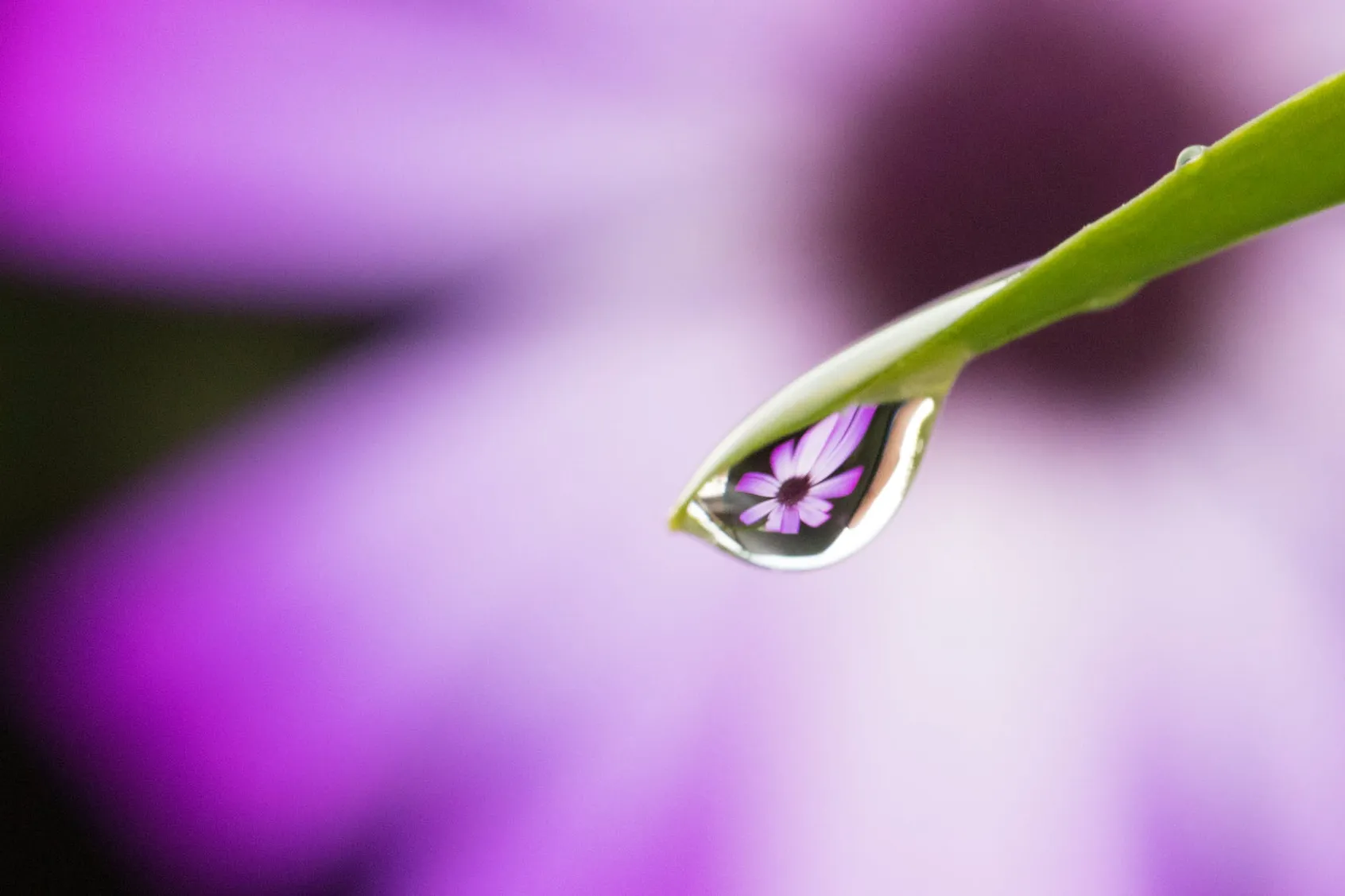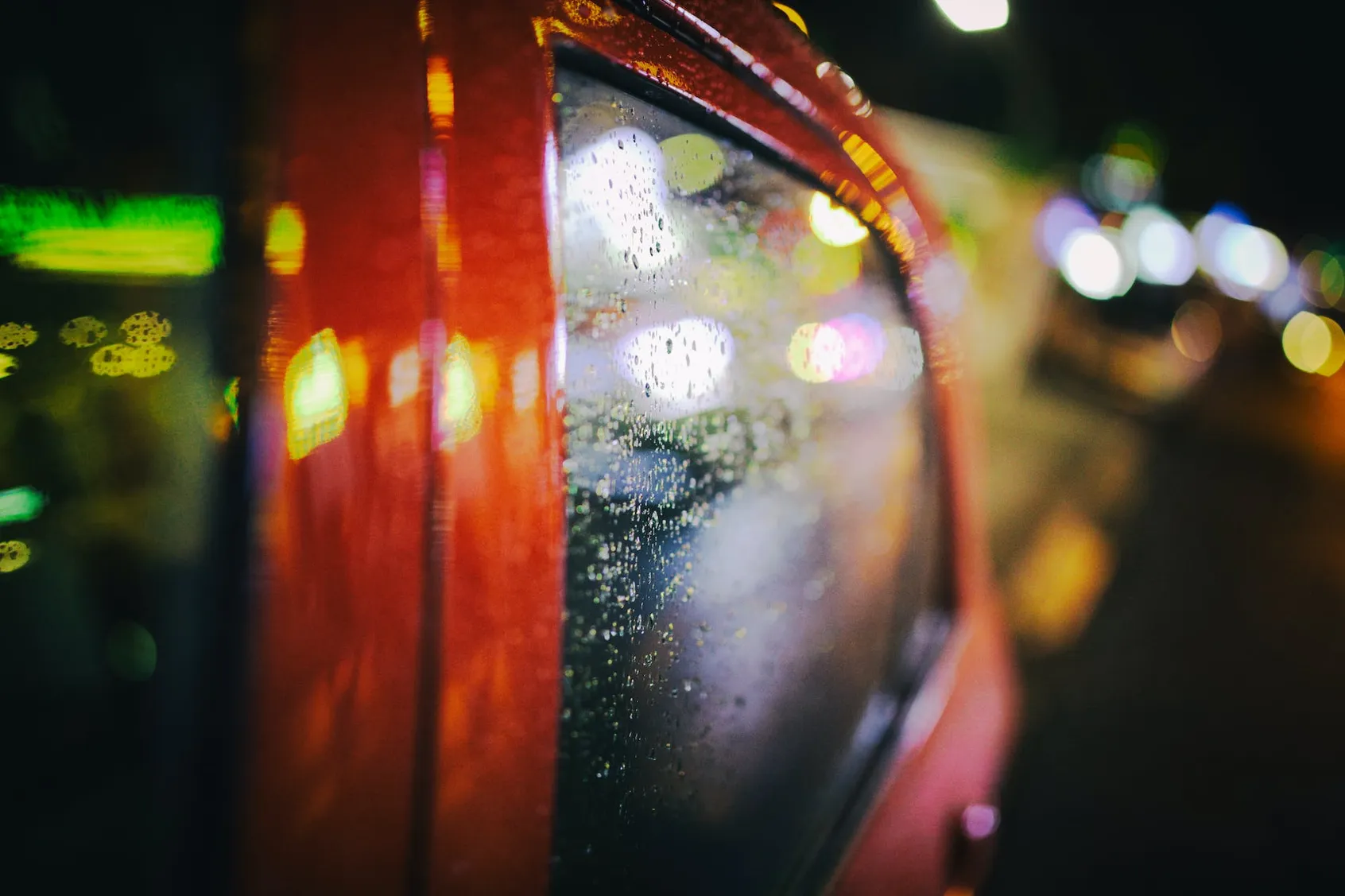Using extension cords outdoors can be a great way to extend the reach of your electrical power, but it is important to ensure that they are used safely. One of the most common questions asked about using extension cords outdoors is, are outdoor extension cords safe in the rain?
In this article, we will discuss the potential risks of using outdoor extension cords in rainy weather and provide some tips for staying safe.
Are Outdoor Extension Cords Safe In Rain?
The truth is that using outdoor extension cords in the rain is not entirely safe, mainly because any contact with water poses a risk of electrocution. While modern extension cords are waterproof but not entirely water-resistant and could cause serious accidents when used carelessly or without proper precautions.
However, there are ways to protect yourself and avoid the hazards of using outdoor extension cords in the rain. For starters, ensure that the power supply to the extension cord is off before connecting it to outdoor appliances. Additionally, inspect the extension cord before use to check for any cracks or worn-out insulation.
It’s also essential to purchase an extension cord designed for outdoor use and rated for the appliance it supplies power to. For instance, an extension cord with less than a 10-gauge wire may not be suitable for high-power outdoor appliances like lawnmowers or leaf blowers and may end up overheating or causing a fire when used in the rain.
When using an outdoor extension cord in the rain, ensure that the electrical connections are above ground level and are not submerged in any puddles or water bodies. This simple precautionary measure can help prevent direct contact between water and the electrical connection, reducing the chances of electrocution.
Lastly, always store your outdoor extension cords indoors after use and avoid leaving them in the elements. Doing so can help extend their lifespan considerably and prevent any potential accidents due to sustained exposure to rain or moisture.

What Types Of Outdoor Extension Cords Are Safe To Use In Rainy Weather?
When choosing an outdoor extension cord, safety should be the top priority. Depending on the type of cord and its intended use, certain cords may be better suited for use in rainy weather than others. Two main outdoor extension cords are safe for rainy weather: waterproof and heavy-duty cords.
Waterproof cords are designed to be used in wet environments and are constructed with special materials that protect the cord from moisture damage. The cables are usually wrapped in a protective material such as rubber, plastic, or vinyl. This material helps to keep the electrical components from coming into direct contact with water, thus preventing damage and short circuits. Waterproof cords are ideal for outdoor use, such as in gardens, around pools, and general outdoor tasks.
Heavy-duty cords are also safe to use in rainy weather. These cords are designed with thicker insulation and are made from heavier-gauge wires. This extra protection helps to protect the cord from water damage, as well as from wear and tear due to heavy use. Heavy-duty cords are often used in construction sites or other industrial settings where the cord is expected to withstand a lot of wear and tear.
How To Protect Outdoor Extension Cords From Rain And Water Damage?
Protecting your outdoor extension cords from rain and water damage is crucial to ensure longevity and avoid potential electrical hazards. Here are a few ways you can protect your outdoor extension cords from rain and water damage:
- Use waterproof extension cord covers – These covers are specially designed to protect your extension cords from rain and water damage. Simply slip the cover over the connection point of the extension cord, and you’re good to go.
- Elevate your extension cords – Keeping them elevated off the ground is one of the easiest ways to protect them from water damage. You can use a garden hose reel or run them along a fence to keep them dry.
- Use a GFCI outlet – A GFCI outlet will turn off the power if it detects any electrical current flowing through water, avoiding serious electrical hazards.
- Use electrical tape – You can seal the connection points of the extension cords with electrical tape to protect them from moisture.
Features To Look For When Purchasing An Outdoor Extension Cord For Rainy Weather?
When purchasing an outdoor extension cord for rainy weather, there are a few key features to look for to ensure safety and reliability. Here are a few important factors to keep in mind:
- Waterproofing: Look for outdoor extension cords specifically designed for wet environments with a waterproof rating. This will ensure the cord won’t short-circuit or pose a hazard when exposed to rain and moisture.
- Gauge: An extension cord’s gauge refers to the wire’s thickness and plays a crucial role in its ability to deliver power safely. Thicker cords with a lower gauge can handle more power and are better suited for outdoor use in rainy weather. Look for cords with a gauge of at least 12 or 14.
- Length: Consider the length you need for your specific outdoor projects. Remember that longer cords may be more prone to voltage drops, so choose a length appropriate for your needs.
- Durability: Choose a cord with sturdy construction and high-quality materials to ensure that it can withstand harsh weather conditions and frequent use over time.

Proper Storage Of Outdoor Extension Cords During Rainy Weather?
When storing outdoor extension cords during rainy weather, it’s important to take certain precautions to protect them from moisture. Here are a few tips to keep in mind:
- Always unplug the extension cord from the power source before storing it. This will prevent electrical hazards and ensure the cord is properly dried before storage.
- Coil the cord neatly and secure it with a twist tie or Velcro strap. This will prevent any tangles or knots from forming, which can cause damage to the cord.
- Store the extension cord in a dry area like a shed or garage. If you need to store it outside, consider using a waterproof container or bag to keep it dry.
- Avoid storing the extension cord in direct sunlight, as this can cause the cord to degrade over time. Instead, choose a cool, dry location for storage.
Tips For Safely Using Outdoor Extension Cords In Rainy Weather?
Here are some tips for safely using outdoor extension cords in rainy weather:
- Always use an extension cord that is rated for outdoor use. Look for cords with a UL or ETL certification mark, which means they have been tested for safety.
- Ensure the cord and all connections are dry before using it in wet conditions. Wipe down the cord with a dry cloth and check for any damage before plugging it in.
- Use a ground fault circuit interrupter (GFCI) when using outdoor extension cords in wet conditions. This device will automatically shut off the power if there is a short or ground fault.
- Keep the extension cord elevated above any standing water to prevent it from getting submerged or damaged.
- Refrain from overloading the extension cord with too many devices. Ensure you’re within the cord’s amperage rating, and avoid using multiple heavy-duty devices simultaneously.
Safety Precautions For Working With Outdoor Extension Cords In Rainy Weather?
Working with outdoor extension cords in rainy weather can be dangerous if proper precautions are not taken. Here are some safety measures you can take:
- Use a waterproof extension cord: Look for extensions specifically designed for wet conditions. These cords are usually labeled “waterproof” or “weather-resistant” and have a heavy-duty rubber coating.
- Keep cords off the ground: Avoid laying extension cords directly on the ground, where they can submerge in water. Instead, secure cord clips or clamps to poles or stakes.
- Inspect cords before use: Check your extension cords for any damage or wear and tear. If you notice any signs of damage, such as frayed wires or exposed metal, replace the cord immediately.
- Use GFCI outlets: A Ground Fault Circuit Interrupter (GFCI) is an outlet designed to protect against electric shock. Use GFCI outlets when working with extension cords in wet conditions.
- Turn off power before unplugging: Always turn off the power source before unplugging or disconnecting an extension cord. This can help prevent electric shock or injury.
Remember always to prioritize safety when working with extension cords in rainy weather. Taking these precautions can help prevent accidents and ensure your work is completed safely.

Pros And Cons Of Using Outdoor Extension Cords In Rainy Weather?
Using outdoor extension cords in rainy weather can be convenient, but it also comes with some risks. Here are some pros and cons to consider:
Pros
- Convenience: An outdoor extension cord in rainy weather can be convenient if you need power outdoors and don’t have another option.
- Accessibility: Outdoor extension cords can allow you to access power in areas that might not have a nearby outlet, such as in a garden or on a patio.
Cons
- Safety hazards: Using extension cords in rainy weather can pose safety hazards, as water can enter the cord and cause electrocution.
- Damaged equipment: Using outdoor extension cords in wet conditions can potentially damage the cord or any electrical equipment connected to it.
- Code violations: Using an extension cord designed for indoor use outside in the rain can be a code violation and may not be covered by your insurance if any damage occurs.
What To Do In A Short Circuit With An Outdoor Extension Cord In Rainy Weather?
Using an outdoor extension cord in rainy weather can be dangerous due to the possibility of a short circuit. A short circuit is an electrical problem that can occur when too much current is sent through a wire, exceeding the wire’s capacity. In the event of a short circuit, the extension cord can become hot and cause a fire.
The best way to avoid a short circuit is to ensure that the extension cord is rated for outdoor use and avoid using it in wet conditions. If the cord does become wet, allow it to dry completely before plugging it in.
If a short circuit does occur, it is important to take the necessary steps to protect yourself and your property. First, unplug the extension cord from the wall outlet, then turn off the circuit breaker to shut off the power to the outlet.
Once the power has been shut off, inspect the cord for any signs of damage. If any damage is found, discard the cord and replace it with a new one. If the cord appears to be in good condition, you can plug it back in. However, it is important to remember never to use the extension cord in wet conditions again.
It is also important to remember that while an outdoor extension cord is designed to be used in wet conditions, it is not recommended to leave them out in the rain for extended periods. If the extension cord needs to be used in wet conditions, it is best to cover it with a waterproof material such as plastic. This will help to protect the cord from the elements and extend its life.
How Long Can Outdoor Extension Cords Safely Be Used In Rainy Weather?
Outdoor extension cords can be used safely in rainy weather for a limited amount of time. The length of time depends on various factors, such as the quality of the cord, the amount of rainfall, and how well the cord is protected from the elements.
It should be safe if you only use it for a short period. However, it is unsafe if you plan on using the cord for extended periods. This is because the moisture from the rain can cause the cord to degrade over time, leading to fraying and other electrical issues.
As a general guideline, outdoor extension cords should not be used in rainy weather for more than a few hours at a time. It is important to ensure the cord is properly grounded and not damaged before use.
Additionally, be sure to take necessary precautions, such as covering the cord with a tarp or plastic bag to prevent water from entering the outlet. Safety should always be the top priority when working with electrical equipment.
How To Know When An Outdoor Extension Cord Needs To Be Replaced After Use In Rainy Weather?
Knowing how to properly handle and maintain your outdoor extension cords is important, especially after use in rainy weather. Here are a few signs that your cord may need to be replaced:
- Visual damage: Check for cracks, cuts, or exposed wires along the length of the cord. These can be signs of wear and tear or rain damage and create a safety hazard.
- Moisture: If you notice that the cord is wet or has been left out in the rain, it’s important to let it dry completely before using it again. Moisture can cause damage to the cord and increase the risk of electrocution.
- Poor performance: If you notice that your devices are not working properly when plugged into the cord, there may be a problem with the electrical connections. This could indicate that the cord has been damaged and needs to be replaced.
It’s important to replace your extension cord if you notice any signs of damage or wear and tear. Using a damaged or compromised cord can create a serious safety hazard and increase the risk of electrical shock or fire.
Conclusion
In conclusion, outdoor extension cords can be safe for rainy weather if properly rated for wet locations and the connections are kept dry. However, even with this protection, it is always best to keep extension cords out of wet weather as much as possible to prevent any possibility of electrical shock.
Frequently Asked Questions:
Can you leave an extension cord outside in the rain?
No, leaving an extension cord outside in the rain is not recommended. When exposed to moisture, the electrical components of an extension cord can corrode or become damaged, causing a safety hazard.
Can outdoor plugs get rained on?
Yes, outdoor plugs can get rained on. It is important to ensure that the plug is properly sealed and protected from moisture to prevent any damage caused by water.
How do you protect outdoor extension cords from rain?
Using a waterproof cord cover or a weatherproof box to protect outdoor extension cords from rain is best. Additionally, you can use an outdoor power strip with a waterproof cover to protect the plug and receptacle.
How do I know if my extension cord is waterproof?
There are several ways to determine if an extension cord is waterproof. First, check the packaging and product description to see if it specifically states that the cord is waterproof. Additionally, look for a rating of IPX5 or higher, which indicates the level of waterproofing the cord has achieved. Lastly, look for a rubber or plastic coating on the cord that can help protect it from water damage.
What type of outdoor extension cord should I use?
The type of outdoor extension cord you should use depends on the device you are connecting and the conditions of the outdoor environment. Generally, you should use an outdoor extension cord specifically designed for outdoor use and rated for the device you are connecting. Look for a cord rated for the voltage and amperage of the device you are connecting and is waterproof and weather-resistant.
Are outdoor extension cords rated for outdoor use?
Yes, outdoor extension cords are rated for outdoor use. The cords are designed to resist water and other environmental elements, so they are safe for use outside.
How long should an outdoor extension cord be?
The length of an outdoor extension cord should be long enough to reach the area you need to power but short enough to avoid tripping hazards.
Are outdoor extension cords waterproof?
No, outdoor extension cords are not waterproof. They should only be used outdoors in dry conditions and not exposed to rain or water.
